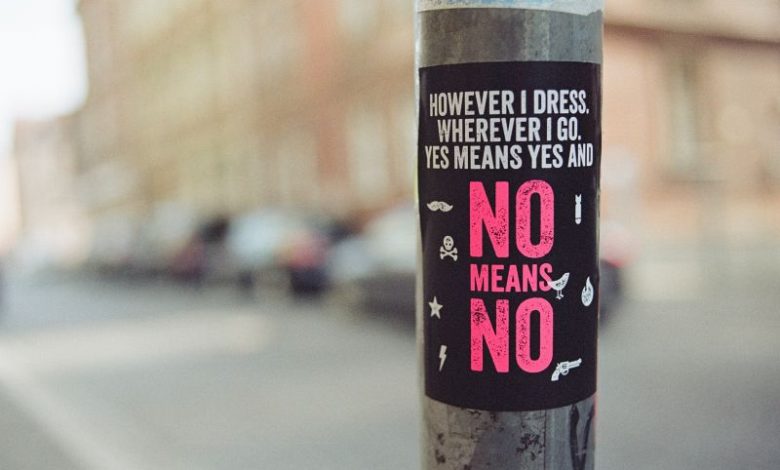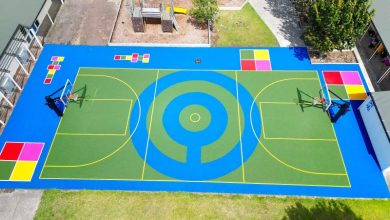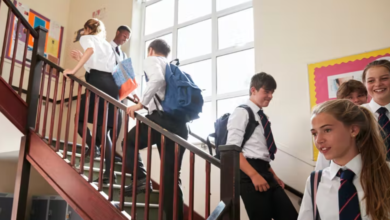Schools need better systems for assault, says advocacy group
A new report from advocacy group Let’s Talk Consent NZ says schools are letting down our young people affected by sexual violence.

Advocacy group Let’s Talk Consent NZ has recently published findings of a survey titled Youth experiences of sexual violence in Aotearoa New Zealand; they say testimonies show schools need better systems and responses for dealing with sexual violence.
Testimonies from 300 youth across Aotearoa New Zealand were collected and analysed in the report. These responses were collected to advocate for better consent education in schools and were not meant for research purposes. Data was gathered via two separate surveys and themes were analysed with the support of Women’s Refuge and HELP Auckland. From the responses, Let’s Talk Consent NZ found that “schools are struggling to provide a safe environment, failing in their duty of care.
Read the Term 4 edition of School News HERE
“Without effective prevention and response policies, students who report inappropriate behaviour often see no accountability. As a result, schools can become places where victims of sexual violence are retraumatised, severely impacting their ability to receive an education.”
The report details contributing factors to respondents’ experiences such as the normalisation of sexual violence, toxic masculinity, and objectification.

Respondents described group assault, intimate partner violence, and verbal and physical harassment among other experiences like sextortion.
Of the experiences described, only seven percent were reported to school authorities. Three percent of respondents explicitly stated they did not report to their school as they believed no action would be taken. Many students reported “a lack of intervention from coaches, teachers, and senior staff members… creating a school culture where issues of sexual violence are ‘swept under the rug’ rather than being dealt with.”
Ten percent of contributors said they experienced victim-blaming behaviour and 12 percent of students were left in the same class as their alleged abuser despite disclosure to the school.
The report also noted that from 131 participants who were asked about consent education, 54 percent said they had received some form of consent-education. However, 72 percent of respondents didn’t believe it was adequate. Participants reported a lack of quality and comprehensiveness in consent education around relationships, drugs, alcohol and non-verbal cues.

Let’s Talk Consent NZ further advocates for a “whole-school approach” to teaching relationship and sexuality education.
Two key components of the recommendations were changes in response to sexual violence disclosures, and a promotion of consent culture.
Specific recommendations for action included a nationwide reform of Duty of Care and NELP priorities to explicitly address sexual violence, putting in a zero-tolerance policy. They also advocated for sexual violence prevention specialists to inform the national code of conduct for sexual violence disclosures, and for BoTs to commit to a national code of conduct when developing school-specific policies in response to sexual violence. They also recommended school staff received disclosure training from sexual violence prevention specialists to ensure victims are adequately supported.
Let’s Talk Consent NZ said they would also like to see consent education become a compulsory part of the secondary school curriculum and a partnership with youth and sexual violence prevention specialists to have input on the upcoming curriculum refresh.
Report lead and Let’s Talk Consent NZ co-founder Genna Hawkins-Boultan (Ngāti Kahumate) said that she’d like to see sexual violence explicitly addressed in policies.
“We have harassment, bullying [but] really nothing explicit about sexual violence and I think that’s a really important step to make sure that these kinds of experiences are validated and they are approached in a trauma-informed way.
“We saw that 54 percent did get consent education [however] 72 percent didn’t believe it was adequate and so a big recommendation for us is making sure that sexual violence prevention specialists are consulted in the upcoming refresh of relationship sexuality guidelines.”









